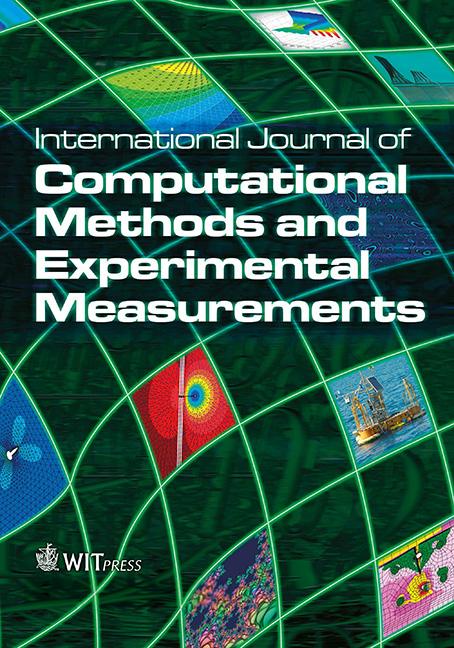Development of measurement system using evanescent waves for characterizing colloidal liquids in heat transfer applications
Price
Free (open access)
Volume
Volume 5 (2017), Issue 1
Pages
9
Page Range
34 - 43
Paper DOI
10.2495/CMEM-V5-N1-34-43
Copyright
WIT Press
Author(s)
K. SHIRAI, S. KAJI, T. KAWANAMI & S. HIRASAWA
Abstract
We report on the development of measurement system for characterizing physico-chemical properties of colloidal liquids used in heat transfer applications. In future thermal management, colloids consisting of micro- and nano-sized particles will play major roles in heat transfer for thermal storage and heat-transfer enhancement. In these applications, an important issue is the dispersion stability of colloidal particles. The functionality of the colloidal liquids becomes deteriorated when the particles aggregate and turn into sedimentation. The dispersion of colloidal liquid is maintained by the interaction of electrokinetic forces acting on the particles. The electrostatic state of the surface of a particle is represented by zeta potential, which represents the electrical potential difference between the particle surface and the surrounding. The zeta potential can be measured from the mobility of colloidal particles under electrophoresis. We use a pair of evanescent waves for measuring the zeta potential of colloidal particles. An evanescent wave propagates along an interface and exponentially attenuates away from it. The use of evanescent waves can achieve a spatial resolution smaller than a micrometer, which is not feasible with a conventional optical system whose resolution is bounded by diffraction limit. We describe the principle and design of the measurement system. A prototype measurement system was developed in the laboratory. We report on the development and performance of the system for characterizing colloidal particles for heat transfer applications.
Keywords
colloid, dispersion, evanescent wave, laser measurement, nanofluid, thermal storage, zeta potential




